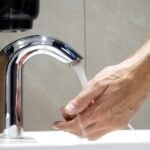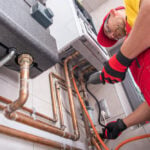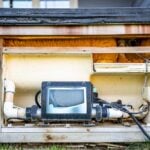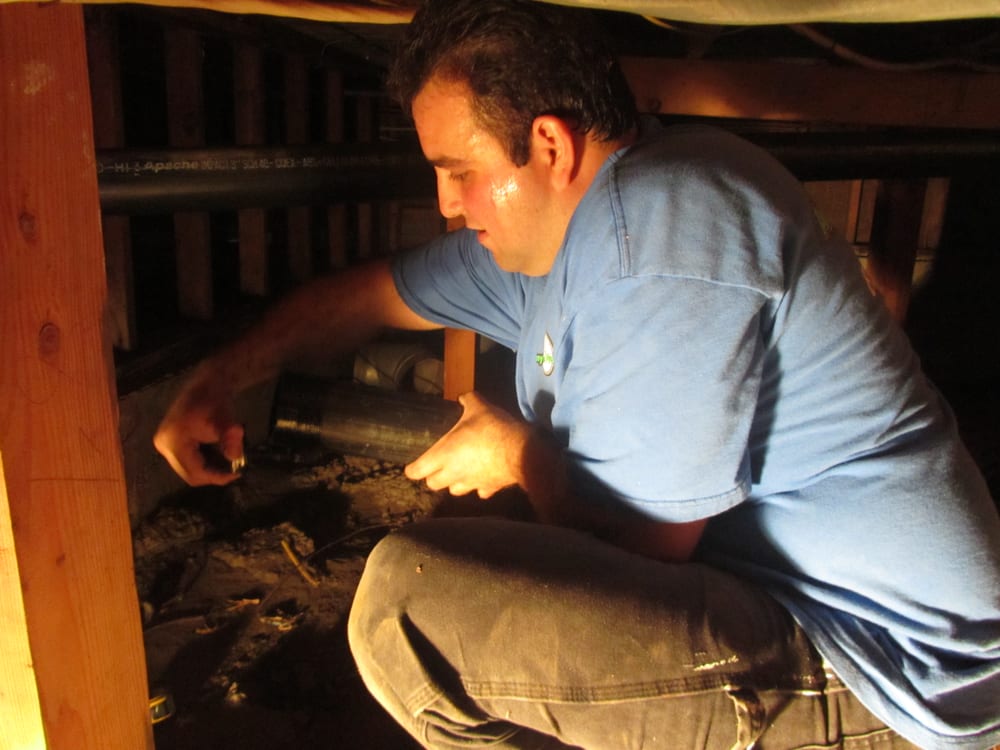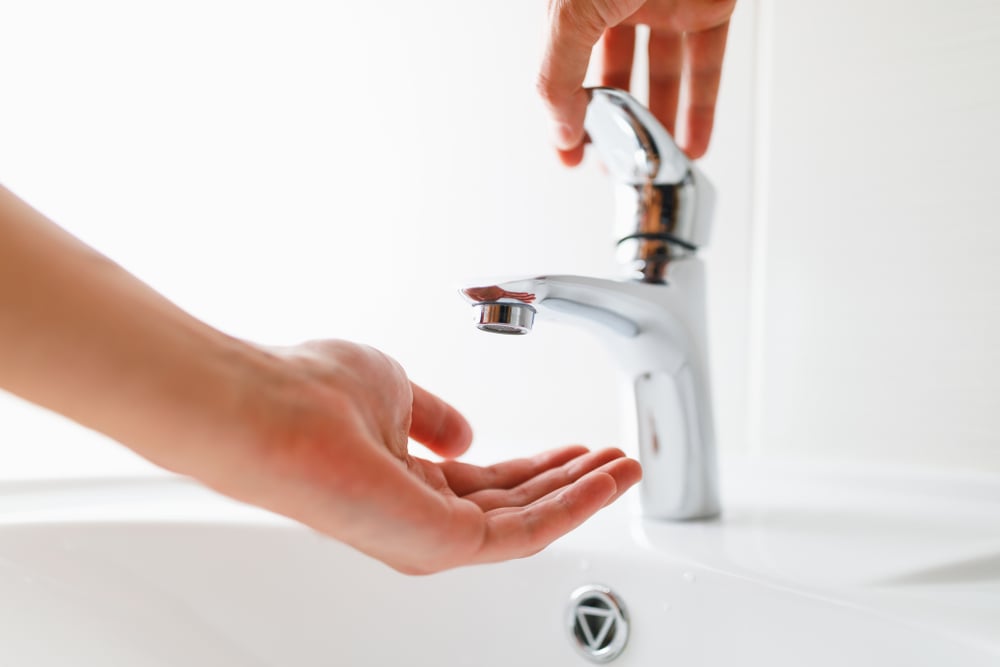
Why do I suddenly have no water?
- By: Amer ZaghloulehUncategorizedComment: 0
One of the most frustrating things that could happen in your house is when you suddenly have no water. Water stoppages are a common occurrence, and even though they’re not very frequent, they’ll still be an unwelcome surprise to any homeowner. Water stoppages in your building can come about for various reasons; here’s what you need to know about them and how best to deal with them.
1. Water leaks: Water leaks are common and can occur for a variety of reasons. Water may be leaking into your walls from an old pipe or toilet. It could also be that the seal on your water tap is damaged. This can happen at any time but is usually noticed when you see gaps around pipes or moisture coming through ceilings (which indicates a leak).
The water leak isn’t always permanent; there are steps you should take to stop it from happening again as soon as possible!
2. Pipe blockages: These are usually caused by items like hair and soap. The pipe’s interior is blocked, preventing water from flowing through it to the taps in your home or office.
3. Pipe rust: When pipes rust, they are more likely to develop a leak. Water needs to circulate the pipes, but when there is rust, circulation isn’t possible, and this causes leakage. Pipe rust usually occurs in places where water has been stagnant for long periods, like in your kitchen or bathroom sink.
4. Frozen pipes: Frozen pipes are a common cause of water stoppages. Water freezes and expands inside the pipe, blocking it up completely and restricting the flow from your tap.
5. Damaged or dislodged tap washer: This is another common cause of water stoppages. When the washer becomes loose or damaged, it can’t seal properly. This will cause leakage in your tap, resulting in little or no flow from your taps.
6. DIY installation errors: Although it can come in handy to perform some of your plumbing yourself, DIY installations can sometimes go wrong. Pipes are fragile and can break or bend easily, resulting in water stoppage.
7. Poor or aged materials: When the materials that make up your plumbing system get old or are of inferior quality, you can experience water stoppage.
What to do if your house has no water?
There are several things you can do to remedy the situation if your water stops running.
1. Check another tap: Water may not be running in your home, but it could still run from another kitchen or bathroom tap. The supply is often shared between different parts of a building, so if one source is down, the other might work.
2. Check with your neighbors: Checking with your neighbors to see if their water runs is a good way to figure out whether or not it’s just your house that has the problem.
3. Check with your water supplier: Water suppliers are always happy to help and provide information. Providing your supplier with an accurate address will make it easier to pinpoint the problem access point.
4. Check your water main: Checking your water main will help eliminate the possibility of a water main break. Water pipes are usually buried a few feet under your property, so locating the main is usually done by digging.
5. Check your hot water: Your hot water may still be working, even if your cold water has stopped. It is a good sign that the problem may not lie with any of your pipes or taps. This means you can rule out some of the more time-consuming and expensive solutions to try first.
6. Call a professional plumbing service: If the other steps do not work, it is time to contact a professional plumbing service. Water stoppages are an urgent matter and should be dealt with as soon as possible, so you need to call the professionals right away.



